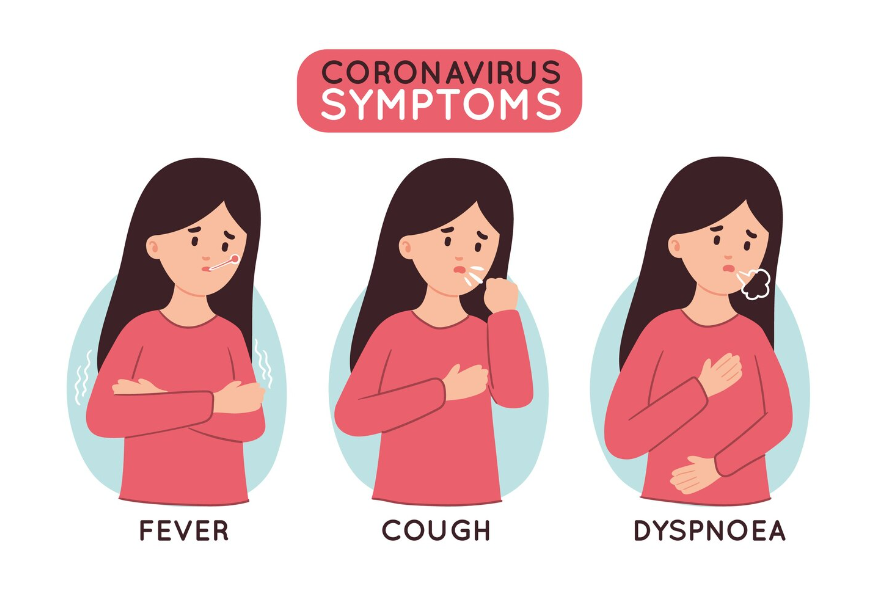
Common Conditions Associated with Productive Cough
Introduction: Have you been experiencing a persistent cough that brings up mucus? It could be a sign of an underlying condition. Let’s explore some common health issues associated with productive coughs and what you can do about them.
1. Respiratory Infections: Respiratory infections like the common cold, flu, bronchitis, and pneumonia can all cause a productive cough. These infections irritate the airways, leading to increased mucus production.
2. Allergies: Allergic reactions to pollen, dust, pet dander, or mold can trigger inflammation in the airways, resulting in a productive cough as the body attempts to clear out the irritants.
3. Asthma: Asthma is a chronic condition characterized by inflammation and narrowing of the airways. People with asthma may experience coughing fits, especially when exposed to triggers like allergens or respiratory infections.
4. Chronic Obstructive Pulmonary Disease (COPD): COPD is a group of progressive lung diseases, including chronic bronchitis and emphysema. Chronic bronchitis, in particular, is associated with a persistent productive cough due to increased mucus production and airway inflammation.
5. Gastroesophageal Reflux Disease (GERD): GERD occurs when stomach acid flows back into the esophagus, leading to heartburn and regurgitation. Some people with GERD may also experience a cough, especially at night, which can sometimes be productive.
6. Sinusitis: Sinusitis, or inflammation of the sinuses, can cause postnasal drip, where excess mucus drains down the back of the throat. This can irritate the airways and trigger a productive cough.
Conclusion: A productive cough can be a symptom of various underlying conditions, including respiratory infections, allergies, asthma, COPD, GERD, and sinusitis. If you’re experiencing a persistent productive cough or other concerning symptoms, it’s essential to consult with a healthcare professional for proper evaluation and treatment.
Understanding the underlying cause of your cough is crucial for effective management and relief of symptoms.
To seek medical advice, always consult a Doctor.
Here are our recommended experts. Click here
To read more on Respiratory disease . Click Here



